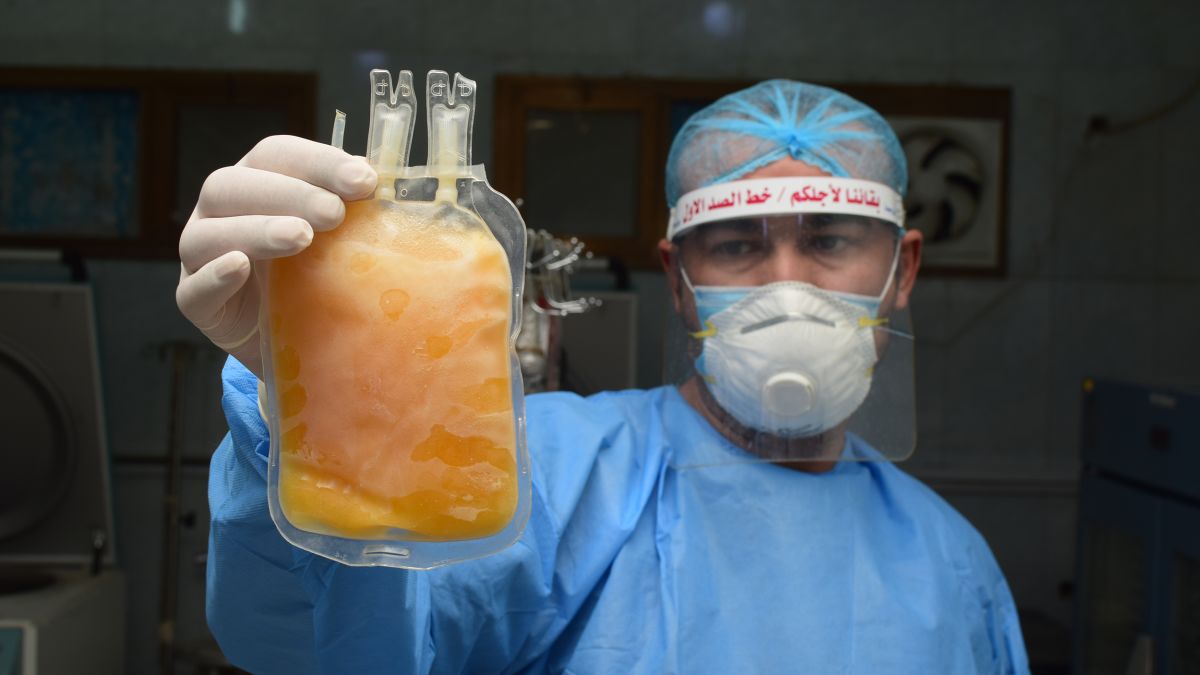Plasma exchange is a procedure wherein a doctor removes blood from a patient. During Houston plasmapheresis, the doctor will insert a line into a vein and it separates blood contents using a centrifuge machine. Then the doctor will remove the resulting liquid portion of the blood that contains antibodies and various proteins and cells, replace it with an artificial plasma, mix it with the patient’s blood cells, and put it back into the patient.
What is the importance of plasma exchange?
This procedure aims to remove that liquid portion of the blood or the plasma, usually used for auto-immune diseases of various types. There may be portions in the liquid or proteins in the liquid part of the blood in auto-immune diseases, especially antibodies producing illness.
Plasma exchange is a possible treatment for patients with very severe attacks of multiple sclerosis, typically with paralysis. They had received the standard therapy of intravenous steroids without successful recovery. But, after treatment with five to seven courses of plasma exchange, the patients experienced dramatic rescue.
Who is the best candidate for plasma exchange?
Doctors now recommend plasma exchange for patients with MS or related diseases like neuromyelitis optica, or acute disseminated encephalomyelitis, who have very severe attacks and severe neurologic deficits, who received standard treatment with intravenous steroid treatment, which is usually helpful. Still, when it does not help, plasma exchange of five to seven procedures often results in a dramatic recovery in most patients.
For patients with pathological antibodies or antibodies that cause disease in their blood, like in neuromyelitis optica, doctors have discovered that such a pathologic antibody may have an excellent and robust response to plasma exchange.
What are the disadvantages of plasmapheresis?
Plasma exchange is perfect for patients with various pathologies in blood, and it is increasingly gaining demand in medicine. However, this is a procedure that care providers often do not do because it is expensive. The price of plasmapheresis is what limits its scalability. Although it is relatively safe, not every patient is a candidate for plasma exchange because it can be somewhat expensive compared to other procedures. It is essential to discuss your budget with your doctor to develop an affordable and effective treatment plan.
Although safe, this treatment is usually given once only in the context of an acute attack and not as a continuing treatment. You should not expect to attend a series of sessions involving the same procedure. However, you may need a follow-up visit that will help your doctor assess the efficacy of the process in treating your condition.
Choosing the proper care provider
Plasmapheresis is a very delicate procedure that requires intensive skill and experience. Therefore, ensure you choose the appropriate care provider to handle your condition carefully and provide treatment success. Board-certified specialists will also reduce the occurrence of side effects following the procedure. Contact the transfusion medicine department in Houston Kidney Specialists Center that does these plasmapheresis procedures to receive effective plasma exchange without requiring hospital admission.





